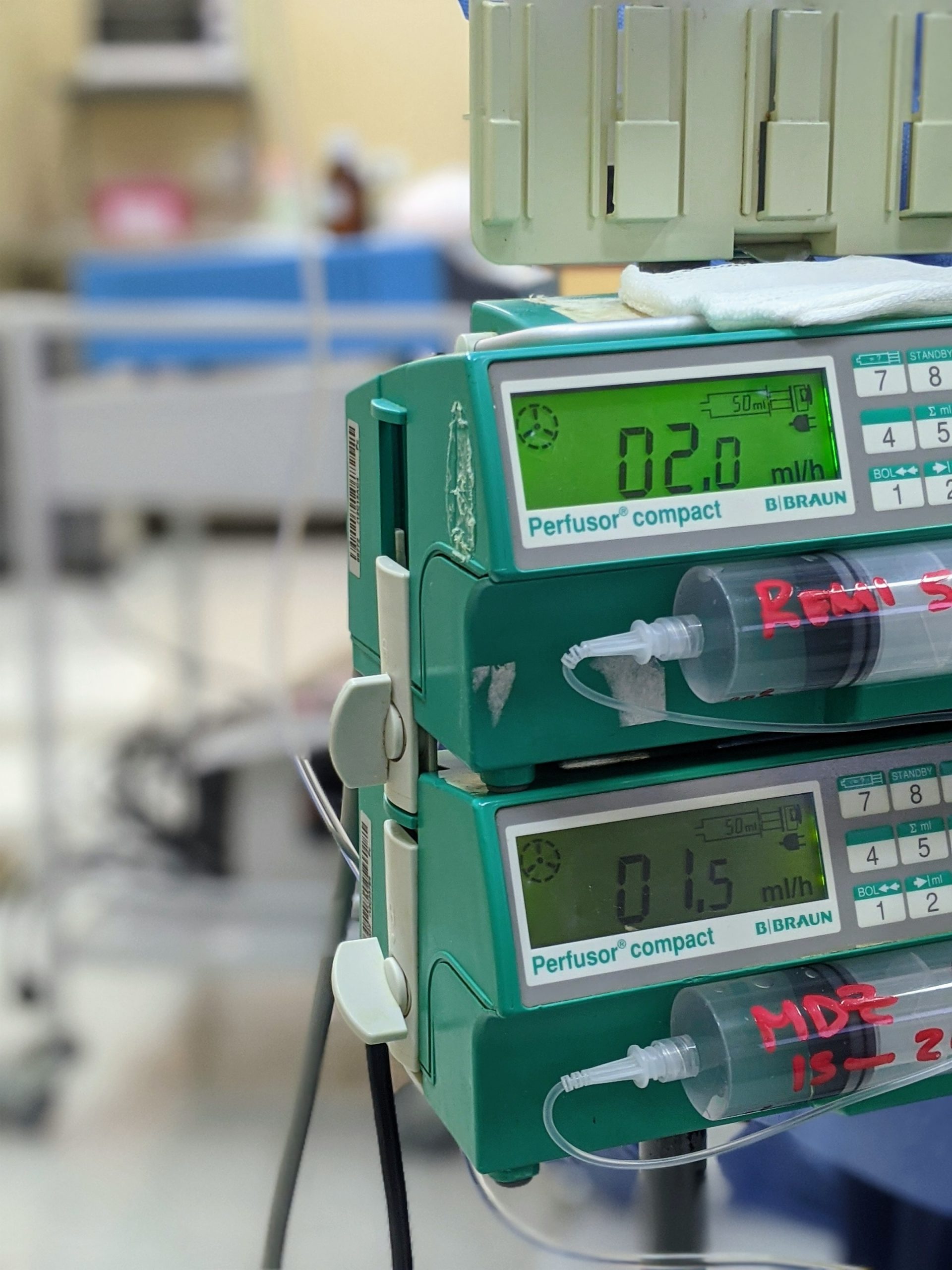
Top 5 Things To Know About Anesthesia
Most of us have heard of the term anesthesia, thanks to Grey’s Anatomy and other medical shows out there. But how much do we laypeople really know about anesthesia? This is where we come in handy and take you through this amazing medical world. So, without further ado, let’s dive into this blog and learn more about the world of anesthesia.
What is it?
Anesthesia allows the realization of a surgical, obstetrical, or medical act (endoscopy, radiology…) by suppressing the pain caused and attenuating it after the intervention in optimal safety conditions. There are two main types of anesthesia: general anesthesia and locoregional anesthesia. General anesthesia is a sleep-like state produced by injecting drugs through the infusion and/or breathing. Thus, general anesthesia causes you to lose consciousness during the procedure.
With local anesthesia, only the part of your body on which the operation will take place is put to sleep. You are conscious, but you do not feel any pain. The principle is to block the nerves by injecting a local anesthetic. Therefore, it is possible to put a forearm or a leg to sleep in isolation, for example.
Spinal anesthesia and epidural anesthesia are two particular forms of local anesthesia, where the anesthetic product is injected near the nerves that exit the spinal cord in your back. For example, they allow you to put both legs and the lower abdomen to sleep. Local anesthesia can be offered alone or in combination with general anesthesia.
Any general or locoregional anesthesia performed for a non-urgent procedure requires a consultation several days in advance. The anesthesiologist will check your state of health and suggest possible anesthesia techniques adapted to your situation. He or she will inform you about the procedure, its advantages, and its disadvantages. You will be able to ask any questions you may have and express your preferences.
1. Your brain calms down as if you were falling deeply asleep

Here’s what happens in your head when the anesthesiologist asks you to count backward from 100 in the operating room: “A hypnotic agent is given to calm the thinking part of the brain, the cerebral cortex and the areas of the brain stem associated with consciousness,” says Dr. Jennifer Kollman, an anesthesiologist in Colorado Springs, Colorado.
“When you wake up, it’s almost as if you’ve traveled back in time as if you’ve only been asleep for a few moments,” Dr. Kollman says. You can expect your body to relax and your breathing to slow. Some people even remember dreaming afterward.”
2. You also may not be completely asleep
One or two in 10,000 people don’t fall completely asleep during anesthesia, according to the Mayo Clinic. “Although it can be very upsetting, patients usually don’t feel pain,” notes James D. Grant, president of the American Society of Anesthesiologists. Awareness of anesthesia during surgery can occur for a variety of reasons. Because of urgency or instability of the patient’s condition, some procedures warrant using lower doses of anesthetics that could put patients at higher risk for awareness.” These high-risk procedures include trauma, cardiac surgery, and emergency cesarean delivery.
3. You could have a pressure drop if you lie about your good weight

This is not the time to underestimate or overestimate your weight! If you don’t know how much you weigh, ask for a scale at the hospital to give the anesthesiologist an accurate number. “Dosing is often based on weight,” says Dr. Nitin Sekhri, a New York-based pain management specialist. Underestimating your weight can lead to underdosing on anesthetics and antibiotics. And giving too much weight can lead to an anesthetic overdose, which could dangerously lower your blood pressure.” Too low a dose of antibiotics also increases your risk of infection.
4. You risk bleeding if you don’t stop your medication
Before surgery, your medical professional will give you a list of medications you need to stop taking before surgery. These usually include blood thinners, ibuprofen, and supplements such as omega-3 and Ginkgo Biloba, all of which can increase the risk of excessive bleeding during surgery.
But if you haven’t followed the directions, tell your anesthesiologist right away, who will work with you to find a solution. “If you were told to stop your blood thinner on Friday and you forgot and didn’t do it until Monday, say so,” says Steven L. Mandel, MD, an anesthesiologist in California. Also, talk about all your medications and supplements, including mind-altering substances.
5. You may have trouble breathing if your stomach isn’t empty

There’s a very good reason surgeons ask you not to eat a few hours before surgery: “Under anesthesia, we lose our ability to cough and prevent stomach contents from entering the lungs,” says Dr. Sekhri. While this is often an inconvenience, it’s crucial not to eat before a general anesthetic.
If you have something in your stomach at the beginning of the procedure, that food can enter the lungs and cause severe, even fatal, pneumonia.” If you have eaten or drank something later than expected, tell the anesthesiologist so he or she can develop a plan of action.
Looking for help?
Anaesthetic & Medical Billing Services handles your entire medical billing operations, from claim creation, quick submission, meticulous follow-up, denial management, appeals, and payment posting to reporting all over Australia. Their billing services bring more revenue and efficiency to your practice by reducing time spent on paperwork and waiting for insurance reimbursements.
With them in charge, you will enjoy more control over your practice’s financial health. They also handle all credentialing and contract negotiations with payers. So, what are you waiting for? Give them a call to make your billing process smoother with their expert team.
What Are Shooting Stars?
You May Also Like

Top 5 Helpful Things Everyone Need To Know About Chemsex
2022-02-22
The Sun – The Star of the Solar System (Part 2)
2021-09-27


One Comment
Pingback: